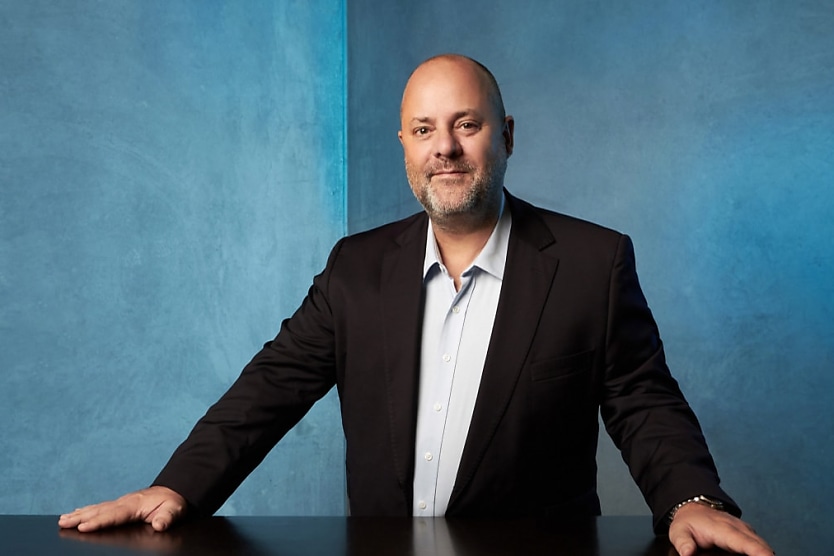Implementing a high-performance culture with love and accountability
SHARE THIS ARTICLE

If you give employees what they love, then the law of reciprocity is that they should give you what you love – a highly functioning team member who is committed to achieving the key deliverables of their role and your organisation, writes Richard Triggs.
One of the greatest challenges that leaders face is how to build and maintain a high-performance culture that is sustainable. We want to retain our top performers, so our inclination is to provide a nurturing atmosphere that creates lots of space and freedom for people to do their best work. Yet when we do, performance often suffers, and subsequently, we lose good people.
Likewise, we may find ourselves in a situation where we have an excellent performer; however, they don’t play well with others. We want to retain these people to get the benefit of their skills and experience; however, the consequence is that the broader team becomes dysfunctional, and we subsequently lose good people. Who said this leadership and retention stuff was easy, huh? What should we do? Here are a couple of models I have found very helpful.
- Balancing love and accountability
As a leader, we want to create a culture that is loving and that also encourages high performance. The challenge is that if our culture emphasises being a “lovefest”, without sufficient emphasis on performance, then the culture becomes soft. People become used to underperforming, they see their peers underperforming, and this lack of performance becomes endemic and “business as usual”. People who want to perform become demoralised and leave.
On the other hand, a culture that emphasises performance but is not loving enough becomes brittle. Staff feel underappreciated and undervalued, thinking the boss only cares about the bottom line. High performers become self-interested and are more likely to chase another job with better conditions for themselves. This is often seen in larger corporates with a strong emphasis on financial metrics or KPIs rather than a more holistic view of organisational health and performance.
The trick becomes how to maintain a balance between ensuring the team feels the love, while also having clear performance expectations. People want to feel loved, and they also want to feel successful. Line managers (from the chair and CEO down) need to agree with their subordinates on clear, quantifiable key deliverables and measure these consistently in one-on-one and team meetings to ensure they are achieved. When they are, ensure the successes are acknowledged and rewarded. When they aren’t, move quickly into remediation or termination.
- “What are the three reasons why you love working here?”
This is a great question to ask each member of your team regularly and consistently. Ideally, this question should be asked face to face, directly by the line manager.
“Sam, I really appreciate you working here. You could have the opportunity to work anywhere, and so I’d like to ask you, what are the three reasons you love working here?” Don’t be afraid of the word love because at the end of the day, that’s what we are all looking for and deserve.
You will be amazed and surprised at how varied and interesting their answers are. Really listen to what they say and then, assuming what they love is reasonable and achievable, keep giving it to them:
- “I love the team I get to work with.”
- “I love the interesting variety of projects I get to work on.”
- “I love the flexibility to work from home.”
- “I love the vision that the company has.”
- “I love our clients and helping to solve their problems.”
- “I love working with the latest technology.”
- “I love being mentored and supported.”
- “I love the pay.” (Nothing wrong with this)
Note the choice of language is really important – “Why do you LOVE working here?” Why? Because you want people to love working for you. If they don’t love it, then as their leader, your responsibility is to either change the environment/role/tasks so that they do love it or politely and graciously exit them from your business.
Of course, if you are giving them what they love, then the law of reciprocity is that they should give you what you love – a highly functioning team member who is committed to achieving the key deliverables of their role and your organisation.
Implementing these two strategies will significantly improve the performance of your organisation and retain your best people. This, in turn, will give you a tremendous competitive advantage in the marketplace.
Richard Triggs is an author and the founder and chief executive of Arete Executive.
RELATED TERMS
Your organization's culture determines its personality and character. The combination of your formal and informal procedures, attitudes, and beliefs results in the experience that both your workers and consumers have. Company culture is fundamentally the way things are done at work.
Employee engagement is the level of commitment people have to the company, how enthusiastic they are about their work, and how much free time they devote to it.
